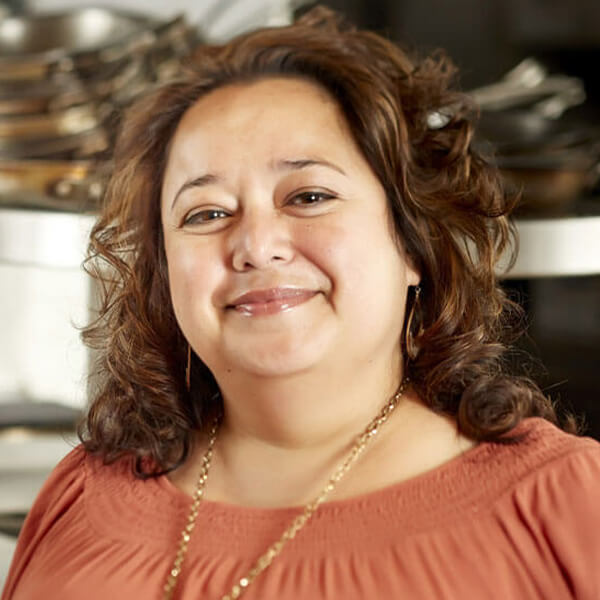“In order to provide consumers with what they want, you have to know what makes them tick,” said Heather Vossler, assistant vice president of Insights, Innovation and Brand Analytics at Hormel Foods. Vossler, a 16-year veteran at Hormel Foods, oversees the company’s trends strategy. “Our insights forecast drives so many of our processes at the company: how we innovate our product lines, how we build recipes, how we need to think about renovating our brands, how we should be communicating with consumers. We are always innovating at Hormel Foods. To continue doing that well, we have to keep our collective finger on the pulse to better understand what consumers care about.”
“We want to be sure that we’re focusing on the areas that best meet our consumers and their needs, both now and in the future,” said Damita Crouse, senior insights manager at Hormel Foods. “We leverage our supplier partners expertise as well as their data and insights. We ask those suppliers to look at the trend spaces we identified from a year ago, and from there, we make determinations. Is this still a relevant space? If so, has it changed or evolved? Once we get all of that feedback, that’s when our internal team starts gathering for work sessions to discuss how we’re seeing things evolve within those trend spaces.”
After aligning on the spaces themselves, the Hormel Foods team delves deeper, mining within each space for relevant data and notable patterns. Internal team leads collectively build out each trend space to illustrate what motivates consumers within each macro topic.
Hormel Foods identified five notable trend spaces for 2024:
- Redefining Value
- Holistic Wellbeing
- Edible Experience
- Impacting the Social Good
- Responsible Food Production
“Consumer needs are constantly evolving. It’s our job to make sure we’re keeping pace with that evolution and being mindful of what consumers at large care about and what they’re looking for,” Vossler said. “In order to do that, it is paramount that we establish first a clear direction for our work, and our trend spaces help establish that framework. We are always refining our focus within those spaces to ensure that we’re getting at the root of what our consumers care about.”
“These cultural plates, they’re slow moving, but they can also have those sudden shifts that feel like an earthquake, and that can be really dramatic,” Rodriguez said. “When we’re examining trends, it’s really feeding our cultural intelligence and we become like cultural seismologists so that we can start to respond to and anticipate changes of the marketplace and we can really equip ourselves to be future ready.”
The Future
The job of keeping pace with evolving consumer demand has never been more complex. Consumers are better informed today than at any point in human history, as the immediacy of access to information has fundamentally transformed how people interact with brands.
Understanding this evolution is critical as companies work to effectively reach their target audiences. This challenge demands innovation, and that innovation, in turn, requires thoughtful insight into what consumers are seeking. Hormel Foods has made this a priority for more than a century, and today, the company’s multi-layered insights process is revealing more about the consumer than ever before.
That will continue. With each passing year, new voices and new perspectives are brought into the conversation. New questions are being asked, and new answers are being considered, all of which will keep Hormel Foods on the cutting edge of what’s next.
“Everything we do ties back to the consumer,” Vossler said. “It’s a complex task. Consumers have more information available at their fingertips than ever before, and we have to be ready for that. We have to be ready to pair up our brands and our company values so that they align with the behaviors and attitudes of our consumers.”
* Foresight Factory, Kerry Foods, Technomic & Kantar








